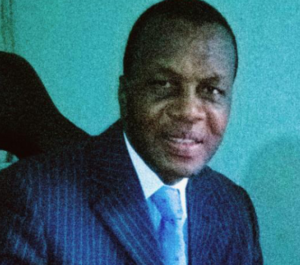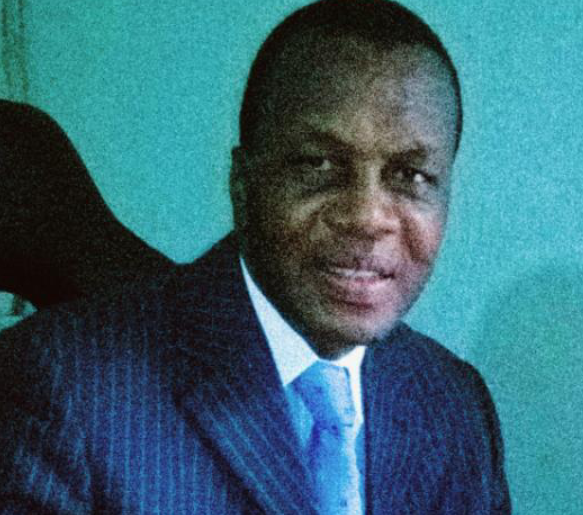By Soji Adeleye
It is generally agreed, less physical cash circulating in an economy would have a myriad of economic benefits – increased transparency, better monetary supervision, less corruption. Thus when the CBN 2012, unveiled its plans to begin a transition to a cashless economy as part of the country’s ambition to become one of the best 20 economies before the year 2020 it was lauded as a move that would contribute immensely to the growth of the financial system and the economy as a whole.
When the central bank at the time said “Our economy uses too much cash for transactions for goods and services, especially for buying and selling. This is not how it is done in other progressive countries of the world where there are other payment options like debit and credit cards, bank transfers, bank direct debits, Automated Teller Machines (ATMs), and even mobile phone money.” it was a correct assertion. In addition the CBN Governor, Mr. Godwin Emefiele, said the “level at which people carry cash in Nigeria is unacceptable”. It was also valid. Unfortunately, the policy was never a success partly due to the subsisting level of infrastructure deficit, general illiteracy, poverty of the extreme kind and the chronic culture of glorification of money – it would be a challenge for the moneybags to display their acquisition electronically. Introduction and increase in the volume of available payments instruments in the country to promote end-toend electronic payments would have been a cultural shock to segments of the country. Although the process to reduce cash usage in the economy commenced in 2012, the implementation had been delayed for these obvious reasons.
Emefiele the CBN Governor was not unaware of this failure as he pointed out that there had been five reversals in the bank’s attempt to go cashless and promote financial inclusion since 2014 when he was first appointed as CBN Governor. He explained that reversals were born out of the need to deepen the country’s payment system infrastructure but it has been an uphill task as the infrastructural, cultural, educational, technological elements have to be in sync for this to succeed.
Fast forward to 2022, Mr. Emefiele like a runaway train decided for whatever machinations he needed to change the design of the currency and to do this at a record speed to prevent an economic collapse of a different kind and we now understand he needed to print 1.2 trillions of the new notes but could only print 400 billions and went ahead with his plan anyway hoping for a miracle that somehow this their own estimated gap will not be noticed. He ended up with the most socioeconomic sacrilege in the history of Nigeria – a total collapse of the monetary system and the economy.

He panicked and in a complete one hundred and eighty degree turn he’s reversing whatever little success could be attributed to his policy since 2012 by bringing all the old notes he could find and the new ones he could print into circulation. Everything smacks of absolute incompetence and absence of any reliable systematic structure within the Central Bank of Nigeria. Is it possible there was no needs assessment done before the decision to roll out the currency swap? It is really mind boggling. Effective from January 9, 2023, individuals and corporate entities can withdraw a maximum of N500,000 and N5 million respectively on weekly basis compared to N100,000 and N500,000 which was previously announced on December 6, 2022. Whatever for? The central bank, in an updated circular dated December 21, 2022, and addressed to all Deposit Money Banks (DMBs) and Other Financial Institutions, Microfinance Banks, Mobile Money Operators, and Agents, explained that the upward review was, as a result of the feedback it received from stakeholders on the implementation of the policy. The idea of using all these unconventional methods to distribute cash is a contradiction of the cashless regime, it is prone to counterfeiting, money laundering and abuse. The POS (point of sales) is not a cash dispenser, it is a distortion of what it was designed to be.
However, if there is anyway this could be gotten to the Governor of Central Bank Mr. Emefiele, the thing to do at this point is to use the debacle created by his failure to accomplish what was set out to be the objective in 2012. He should withdraw the 500 and 1,000 denominations permanently. If he’s done any research since the catastrophe of the currency swap, the people are finding their way round it, the lower denominations are fashionable again and he should try to achieve an optimum release of them into the system. The problematic notes to the efforts to achieve a cashless economy was the 1,000 and the 500. Their elimination would accomplish all that the policy was set out to achieve. Even though the episode has been an unmitigated disaster, it would at least be a case of a historical debacle providing an accidental opportunity to solve seemingly unsolvable problems. Mr. Emefiele should take this opportunity to cancel the 500 and 1,000 denominations permanently with the 200 becoming the highest Naira denomination. Electronic business in Nigeria will finally take root.
If you are reading this and you can share this with Mr. Godwin Emefiele you would be doing this country and Nigerians that have suffered unimaginable trauma in the last few months a considerable favour.
Mr Soji Adeleye is an Abuja based lawyer. He can be reached at soji.adeleye@hotmail.com
Dear readers, we really need your support to keep on serving you with authoritative, truthful, and juicy stories everyday. For your support, please reach out to the editor @gavelinternational66@gmail.com

